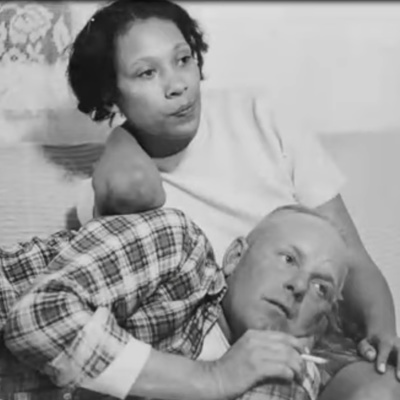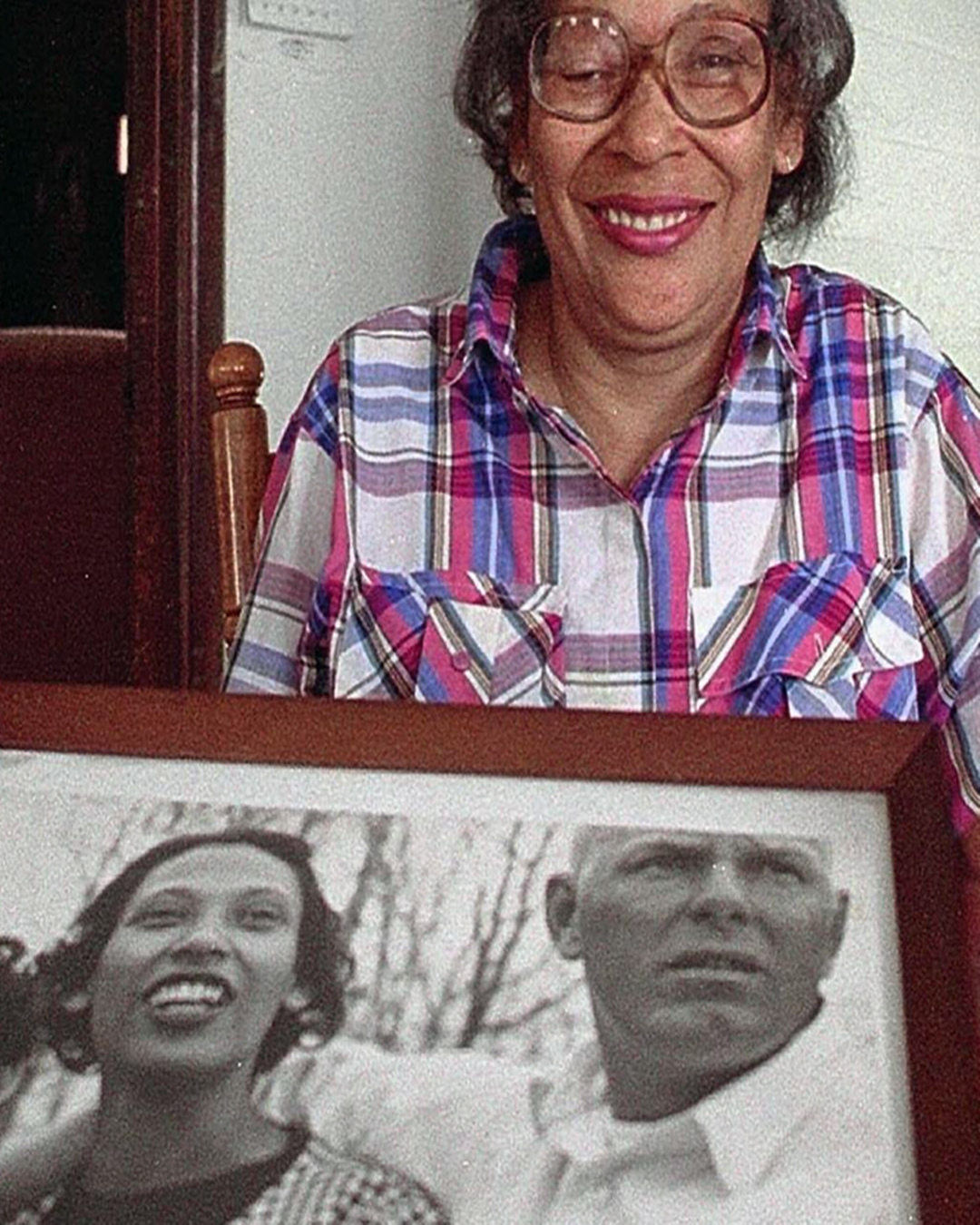He didn’t look like a revolutionary. Richard Loving, with his quiet voice and simple ways, was just a man from rural Virginia. His wife, Mildred, was equally unassuming – a gentle woman of African American and Native American heritage. They weren’t activists aiming to make headlines. They were simply Richard and Mildred Loving, two people deeply in love, wanting only to build a peaceful life together. But in 1958 America, their love was a crime, setting the stage for one of the most impactful legal stories in history.
Arrested for Being Married
One night, their quiet life was shattered. Police burst into their bedroom, flashlights glaring. Their crime? Marriage. Richard was white, Mildred was not, and Virginia’s hateful “Racial Integrity Act” made their union illegal, even though they had legally wed in Washington D.C.
Richard and Mildred Loving were arrested, jailed, and faced with a cruel choice by the local judge: serve a year in prison or leave Virginia and not return together for 25 years. They chose exile, forced to leave their families, their community, and the only home they’d ever known. They moved to Washington D.C., raising their three children in a city that felt foreign, always longing for the country roads of Virginia.
A Letter That Sparked a Revolution
Exile was hard. They missed their home. As the Civil Rights Movement gained momentum across the country, Mildred, usually shy and reserved, found her courage. In 1963, she wrote a simple, heartfelt letter to U.S. Attorney General Robert F. Kennedy, asking for help. Kennedy referred her case to the American Civil Liberties Union (ACLU).
Suddenly, the Lovings’ private pain became a public battle. ACLU lawyers Bernard S. Cohen and Philip J. Hirschkop took their case, challenging the racist laws that kept them from their home. The fight went all the way to the highest court in the land. The question before the Supreme Court was profound: Could the simple act of loving someone be a crime?
Read More: Tammy Hembrow’s Bikini Photos Are Stirring Controversy. Here’s Why Everyone’s Talking.

Love Wins: Loving v. Virginia
On June 12, 1967, the Supreme Court delivered its unanimous, landmark decision in Loving v. Virginia. Chief Justice Earl Warren wrote words that would echo through history: “The freedom to marry…is one of the vital personal rights essential to the orderly pursuit of happiness by free men.”
The Lovings had won. Their victory wasn’t just personal; it struck down all remaining anti-miscegenation laws across the United States, dismantling a key piece of legal segregation. For Richard and Mildred Loving, however, the victory wasn’t about changing laws; it was about finally going home. It was about raising their children without fear in the place they loved. Their fight wasn’t loud or aggressive; it was rooted in the simple, fundamental desire for family and home, a basic need shared across all forms of life, even animals seeking safety.
A Quiet Legacy of Love
Tragically, Richard was killed in a car accident in 1975. Mildred, though injured, survived and continued to live quietly, never seeking the spotlight. Decades later, however, as the fight for marriage equality for same-sex couples gained momentum, Mildred spoke out one last time. On the 40th anniversary of the Loving decision, she issued a statement affirming that “if someone loves someone, they have a right to marry.”
Mildred passed away in 2008. She and Richard never set out to be heroes. They just wanted the right to love each other openly. But in their quiet, courageous fight, Richard and Mildred Loving became unintentional icons, their very name—Loving—a perfect symbol of the justice they fought for and won for countless others. Their story proves that love, in its purest form, is indeed unbreakable.
Full Story: Science Confirms Kelly Brook’s ‘Perfect Body,’ But the Real Message is Bigger Than Beauty.

